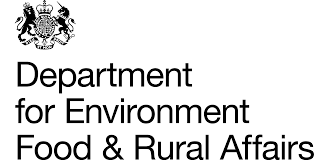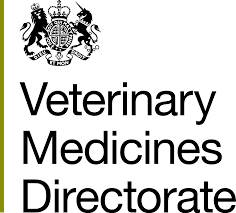Case Study
Accredited food assurance schemes guarantee defined standards of food safety
In the UK, food assurance schemes help to provide consumers and businesses with guarantees that food has been produced to particular standards. These schemes are mainly voluntary arrangements although many food businesses make certification in an assurance scheme a specification requirement for their suppliers.
The Food Standards Agency (FSA) maintains close contact with assurance schemes because of their potential to promote farm practices that contribute to recommended policy. They also monitor whether communications and claims made by assurance schemes are accurate.
Generally, food assurance schemes are run as accredited product certification schemes. These schemes use regular independent inspections to check that members are meeting specific standards and often use logos on consumer products to indicate this fulfilment. Examples of the schemes include:
- Assured Food Standards (Red Tractor)
- Lion Eggs – a quality code of practice that ensures eggs have been produced to the highest standards of food safety
- the Quality Meat Scotland (QMS) – offers consumers a legal guarantee that the meat they buy has come from animals that have spent their whole lives being raised to very strict standards
- Farm Assured Welsh Livestock (FAWL) – strengthens consumer confidence by providing assurance of farm standards in Wales
- the Northern Ireland Farm Quality Assurance Scheme (NIFQAS) – provides high standards for farmed meat in Northern Ireland
- Scottish Quality Cereals (SQC) – a food safety certification scheme for crops that ensures high standards of farm management and operations and therefore the wholesomeness or safety of the food produced or the health of the environment or countryside
- the Agricultural Industries Confederation (AIC) – an assurance scheme for animal feed and fertiliser sold to professional and non-professional users, and on documentation accompanying grain for feed and food use
There are also a number of smaller ‘niche’ schemes that aim to meet particular consumer demands, such as higher animal welfare and environmental or organic standards.
Further information is available on the UK Government website.











